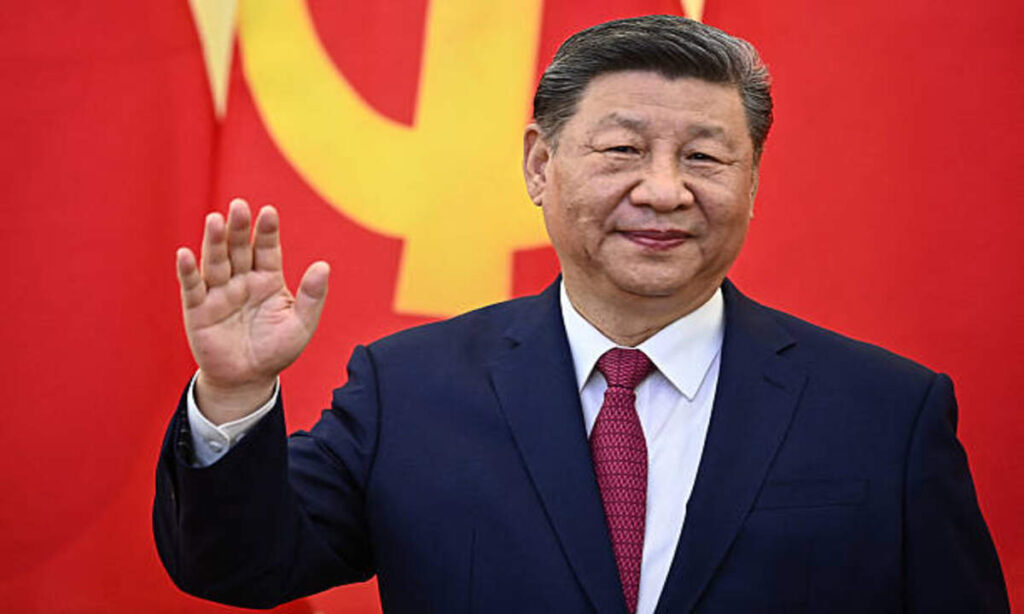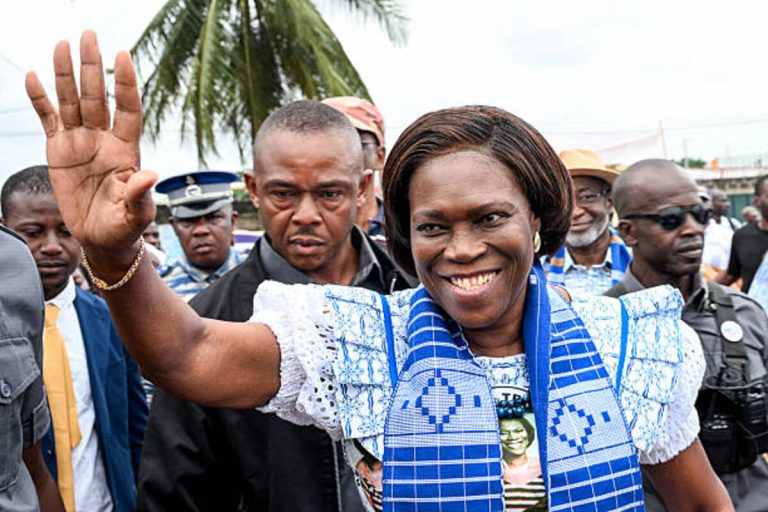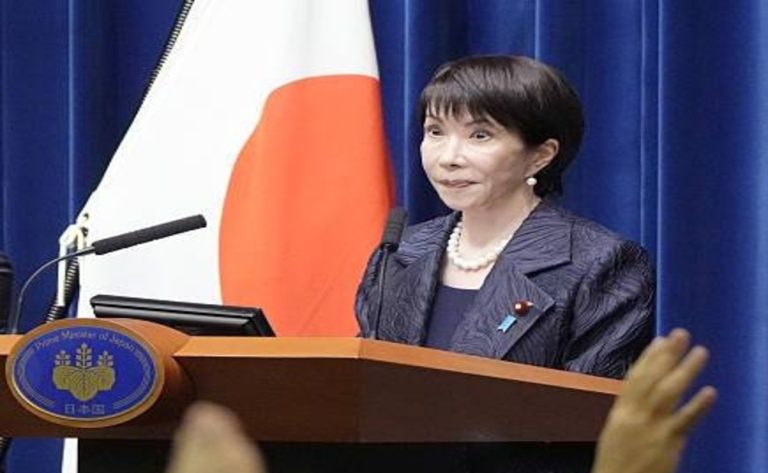
Xi Jinping greets Vietnam’s leader To Lam during a formal party meeting in Hanoi. Image: Reuters.
Hong Kong, China (Epicstorian News) — China has declared its readiness to eliminate all tariffs on African imports from 53 countries with which it maintains diplomatic relations, a move aimed at bolstering its long-standing economic influence in Africa.
The announcement came during a China-Africa cooperation meeting and marks a significant expansion of its trade policy.
The tariffs on African imports have historically varied, but China’s latest initiative will extend the zero-tariff access beyond the previous agreement that applied to 33 least-developed African countries.
Key African trade partners such as Nigeria, South Africa, and Kenya—who contribute heavily to Africa’s $170 billion annual export value to China—stand to benefit from this widened scope.
This development follows growing concerns across the continent about potential increases in tariffs on African products entering the United States.
In April 2025, the US announced steep tariffs including 50% on goods from Lesotho, 30% for South Africa, and 14% for Nigeria.
Although implementation has been paused until next month, the uncertainty has intensified Africa’s search for reliable and tariff-free trade allies.
China’s New Strategy on Tariffs on African Imports Boosts Partnerships
China has held its position as Africa’s largest trading partner for the past 15 years, and the elimination of tariffs on African imports is likely to solidify that role.
Raw materials, especially from resource-rich countries like the Democratic Republic of Congo and Guinea, form a substantial part of Africa’s export basket to China.
Eswatini remains the only African country excluded from the new tariff-free scheme, due to its diplomatic recognition of Taiwan. China insists on a one-China policy and continues to isolate nations that maintain formal ties with Taipei.
The joint ministerial statement from the meeting criticized “certain countries” for disrupting the global trade order through unilateral tariff impositions.
Although unnamed, the statement was clearly referencing the US and its ongoing review of the Africa Growth and Opportunity Act (AGOA), a trade deal that allows African goods duty-free access to American markets.
Implications for Africa Amid Global Trade Realignments
The decision to drop import tariffs on African goods comes at a time when African nations are actively diversifying their export destinations due to geopolitical uncertainties.
Also Read: Aliko Dangote retires as Dangote Sugar chairman after 20 years
While AGOA brought in $39.5 billion worth of African exports to the US in 2024, experts suggest its future is now uncertain, particularly under President Trump’s current trade strategy.
US Treasury Secretary Scott Bessent stated the tariff hikes might be delayed for countries negotiating “in good faith.”
However, many African leaders see China’s commitment as a more stable alternative, especially since China emphasizes “equality, respect and mutual benefit” in trade relations.
With trade tensions between global superpowers rising, the African continent finds itself at a crossroads, assessing whether alignment with Beijing might provide a more predictable and economically beneficial partnership.
Africa’s Exporters Eye Gains From China’s Zero-Tariff Expansion
African exporters are now recalibrating their logistics and market focus in response to China’s zero-tariff offer. Stakeholders in textiles, agriculture, minerals, and processed foods are particularly optimistic.
Countries like Ethiopia, Ghana, and Zambia may witness exponential export growth due to reduced entry costs to China’s vast consumer market.
Analysts predict this policy shift could redirect global supply chains and amplify Beijing’s influence under its broader Belt and Road Initiative.
Already, Chinese investment in African infrastructure has increased, and this latest step only deepens the continent’s integration into Chinese trade networks.
While the exact implementation date for the zero-tariff expansion remains unspecified, experts anticipate phased activation beginning later this year.

